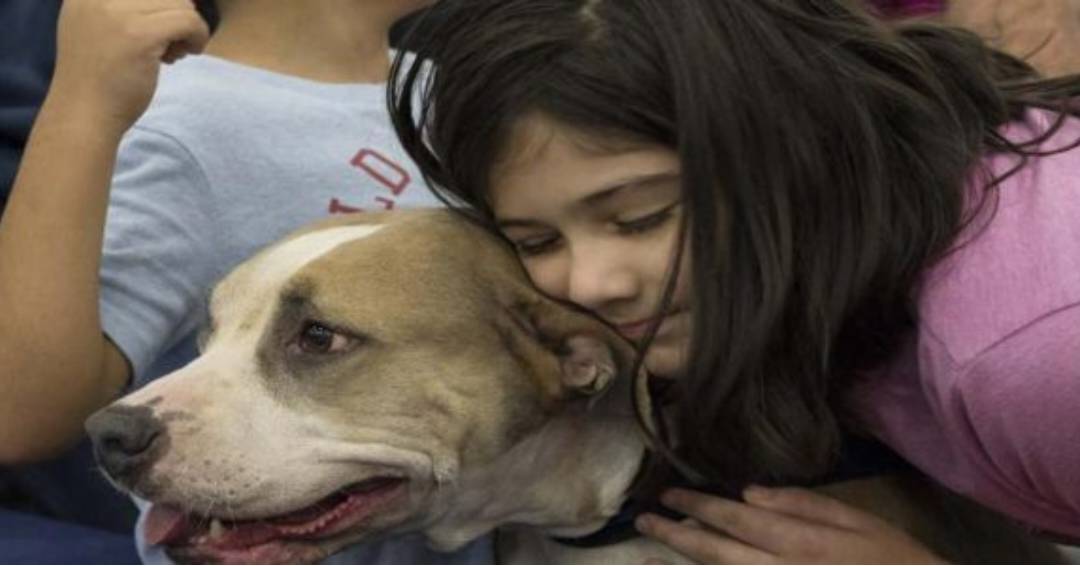
In a groundbreaking study, researchers have discovered that man’s best friend could hold the key to unlocking vital insights into cancer treatment for humans. The genetic similarities between dogs and humans, particularly when it comes to certain types of cancer, have provided scientists with a unique opportunity to study the disease in a new light. By investigating the genetic makeup of dogs with cancer, researchers are hopeful that their findings could pave the way for innovative therapies and potential cures for human patients. This fascinating exploration into comparative oncology has the potential to revolutionize cancer research and treatment options.
Understanding Comparative Oncology:
Comparative oncology is a field of research that focuses on the similarities and differences in cancer biology between humans and other animal species. Dogs, in particular, have become an invaluable resource for scientists due to their genetic similarities to humans, their shared environment, and the fact that they naturally develop cancer. By studying the genetic mutations and molecular mechanisms driving cancer in dogs, researchers can gain crucial insights into the development and progression of the disease in humans.
The Study and its Findings:
In a recent study published in a renowned scientific journal, a team of researchers analyzed the genetic profiles of hundreds of dogs with naturally occurring cancer. They discovered striking parallels between certain types of canine cancer and their human counterparts, including osteosarcoma, melanoma, lymphoma, and breast cancer. By mapping out the genetic alterations responsible for these cancers, researchers identified common molecular pathways and potential therapeutic targets that could be exploited for treatment in both dogs and humans.
One of the most significant findings was the identification of specific genetic mutations in dogs that have also been implicated in human cancers. This shared genetic landscape suggests that targeting these mutations could be an effective strategy for developing new therapies. Furthermore, studying the response of canine cancer patients to existing human cancer treatments can provide valuable information on treatment efficacy, potential side effects, and dosage optimization.
Translating Discoveries into Human Treatment:
The discovery of shared genetic mutations and molecular pathways between dogs and humans opens up exciting possibilities for the development of novel cancer treatments. Dogs could serve as living models for testing innovative therapies before they are implemented in human clinical trials. This approach not only expedites the drug development process but also reduces the risks associated with testing new treatments directly on human subjects.
In addition to accelerating the translation of discoveries into human treatment, this approach can also benefit dogs themselves. By participating in clinical trials, dogs with cancer can access cutting-edge therapies that might not otherwise be available, potentially extending their lives and improving their quality of life.
Collaboration and Future Prospects:
The study highlights the importance of collaboration between veterinary and human medical researchers. By working together, they can harness the power of comparative oncology to advance cancer research and improve patient outcomes in both species. Establishing strong partnerships between veterinary hospitals, cancer centers, and academic institutions can facilitate the exchange of knowledge, resources, and clinical data, leading to more comprehensive and effective treatment strategies for all.
Looking ahead, the integration of dog cancer studies into mainstream cancer research holds tremendous promise. The insights gained from studying canine cancers have the potential to accelerate the development of targeted therapies, personalized medicine, and immunotherapies for humans. With further investigations and advancements, we may witness a paradigm shift in cancer treatment, where our four-legged companions contribute significantly to the quest for a cure.
Conclusion:
The intersection of veterinary and human medicine in the study of cancer has unveiled a promising path forward. By leveraging the genetic similarities between dogs and humans, scientists are poised to make remarkable strides in the understanding and treatment of this devastating disease. The collaborative efforts between researchers, clinicians, and our beloved canine companions offer hope for a future where breakthroughs in dog genetics pave the way for a cancer cure in humans.

Post Your Comments